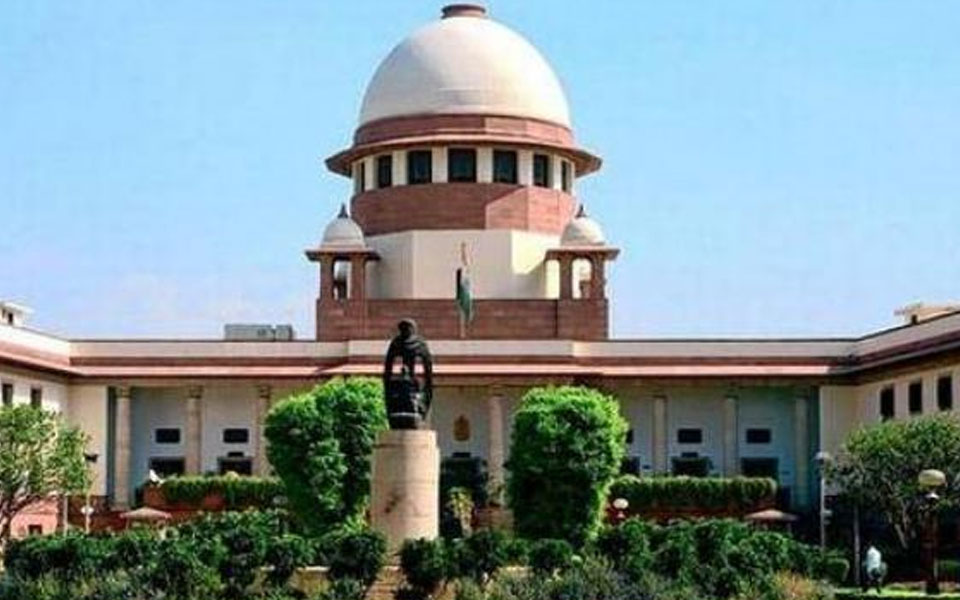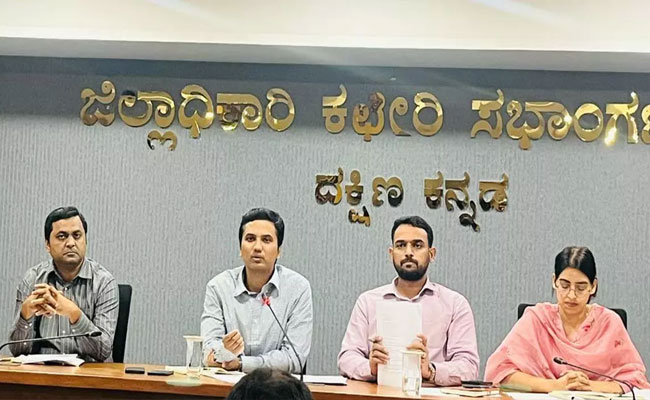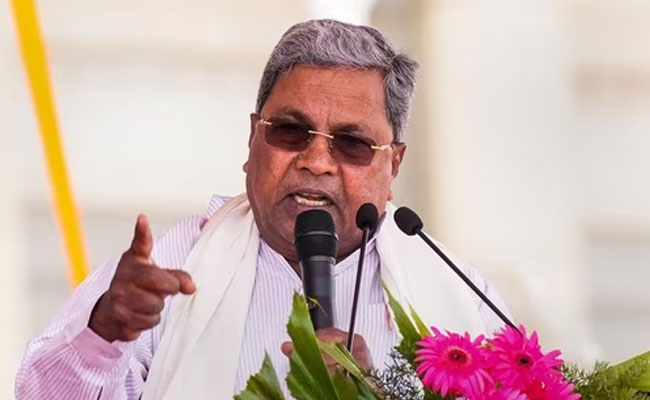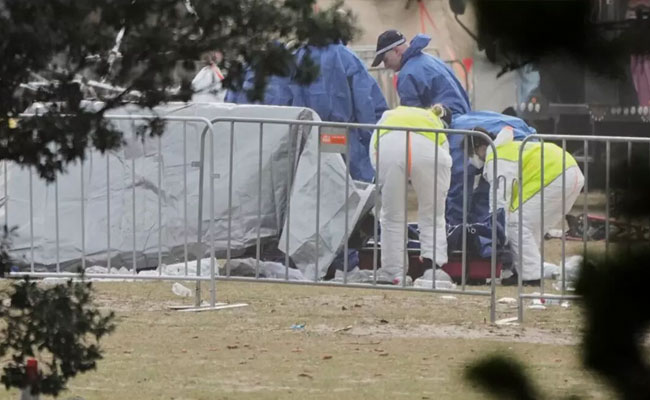NEW DELHI: The incidents of cow vigilantism are not acceptable and it's for the states to ensure that such occurrences don't happen, Chief Justice of India Dipak Misra said today. The Supreme Court also warned against linking mob violence to religion or caste and said "a victim is a victim".
"Nobody can take law into their own hands. It is the obligation of the state's to see these incidents are prevented," he said while hearing petitions on cow vigilantism.
The top court has reserved its verdict on compensation to victims, monitoring cases, fixing responsibility on cow vigilantism.
Last year, the Supreme Court had directed all 29 states and seven union territories (UTs) to take steps to stop violence in the name of cow protection and asked them to appoint officers to go after "vigilante groups".
The top court had also asked the centre -- which had pleaded that law and order was a state subject -- whether under the Constitution, it had the responsibility to ask states to crack down on cow vigilantism.
A bench headed by Chief Justice Dipak Misra said, "Let the compliance reports be filed...nobody can wash off their hands (from their duty). We will give directions to all the states."
The top court's directions had come after a petition from Tushar Gandhi, calling for relief from cow vigilantism. Besides Mr Gandhi, Congress leader Tehseen Poonawalla has also filed a similar petition.
Senior advocate Indira Jaising, who had appeared for Mr Gandhi, said the central government be directed to frame a national policy on preventing incidents of cow vigilantism.
She also said there were several judgements, which make compensation mandatory to the victims of such crimes, but the families were yet to receive it.
courtesy : ndtv.com
Let the Truth be known. If you read VB and like VB, please be a VB Supporter and Help us deliver the Truth to one and all.
Mangaluru: This year’s Karavali Utsava will commence on December 20, with a wide range of cultural, adventure, and tourism-focused programs planned across Mangaluru and other parts of the Dakshina Kannada district, Deputy Commissioner Darshan H.V. said.
He was speaking while presiding over a Karavali Utsava preparedness review meeting held at the District Commissioner’s office.
The main event will be held at the Karavali Utsava grounds in the city. In an effort to promote beach tourism, special programs will be organised at six beaches across the district, which include Panambur, Ullal, Someshwara, Sasihitlu, Tannirbhavi, and the Blue Flag Beach.
ALSO READ: Udupi: Toddler slips from mother's hand while drawing water from well, dies
Outlining the schedule, the Deputy Commissioner said adventure sports will be held at Sasihitlu Beach, while a wine, cheese, and cake festival will take place at the Tannirbhavi Blue Flag Beach.
A music festival and triathlon are planned at Tannirbhavi Beach. Football, volleyball and other sports events will be organised at Ullal Beach, cultural programs at Panambur Beach, and a music evening and yoga program at Someshwara Beach.
In addition, food festivals featuring a variety of local and regional cuisines will be held at all beaches. The Kala Parba program and a flower and floriculture exhibition will be organised at Kadri Park, while a film festival is also planned in Mangaluru city.
A football tournament will be held at Nehru Maidan on December 27 and 28, and special programs will be organised at Pilikula Nisargadhama. To attract tourists, helicopter joyrides have also been arranged, the Deputy Commissioner said.
The review meeting was attended by Zilla Panchayat Chief Executive Officer Narvade Vinayak Karbari, Mangaluru Deputy Divisional Officer Meenakshi Arya, Deputy Commissioner of Police Mithun H.N., Deputy Conservator of Forests Antony Mariappa, and other officials.





